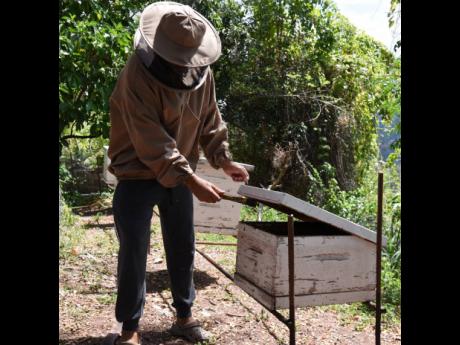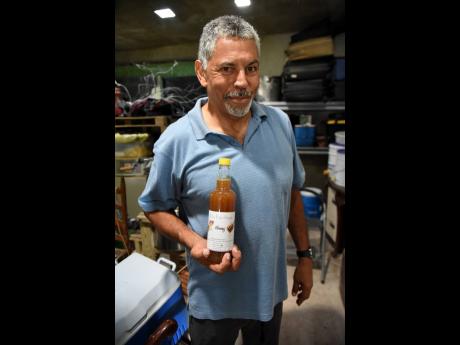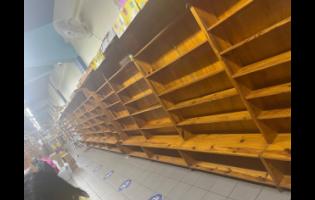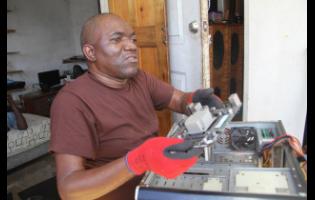Julian Spence having a sweet time in beekeeping
Carefully, beekeeper Julian Spence lifted the lid off one of his 25 hives to introduce THE STAR team to his apiary.
Spence's role as a beekeeper is to prepare bees and equipment for pollination activities, clean and construct hives, raise and replace queen bees, and check for mite infestations.
He ventured into beekeeping eight years ago, after a neighbour's recommendation. "I started with five hives and my interest built. For me, it started as a hobby but now I'm trying to grow it bigger," said the 62-year-old businessman. He showed off three of his major tools.
"The veil is to protect your face from stings. The most important tool when going into the hive is the smoker, to calm them down. If you don't do that, they will get excited and a lot of them will come out the hive and you don't want that. The hive tool is used to move the frames around, take them out and scrape them off to see what is happening in the hive," Spence explained.
He inspects the hives at least once each month. He said one hive could have up to 20,000 honeybees. He designed the hive bodies in his workshop; each hive has 10 frames and wax foundation to help with production of honey comb.
"The bees draw it out, on either side and they make the combs and they can store honey or they lay in there ... you would be amazed to see them work," he said. The Priory School alumnus is fascinated with seeing honey production up close.
"You cut off the tops of the frames, and then you put them inside the extractor which uses centrifugal force to get the honey. You then put buckets to collect the honey and you filter it one time. You leave that container to sit for a week or so, and there you have your raw golden honey," Spence said. The sticky work also yields beeswax, which could in turn produce propolis, a sap-like material that's rich in antibiotics.
"If you manage the hives properly, then you can grow. It is very easy to lose hives to red ants, the major predators, and if you don't wax off the hives properly, you can drive the bees away or they die," he said.
Spence, president of the Kingston and St Andrew Beekeepers Association, hopes that more young persons will engage in beekeeping. He was trained at the Rural Agricultural Development Authority in 2003, and suggested others can train at the Bodles Research Station in St Catherine.
"Most people don't know how important the roles of bees are in pollinating the crops we eat. They are very valuable and we should care from them. There is a huge global demand for honey in the world and Jamaica's quality is always in high demand. It is something we encourage young people to look into," Spence said. He plans to expand his apiary to accommodate 60 hives.







































